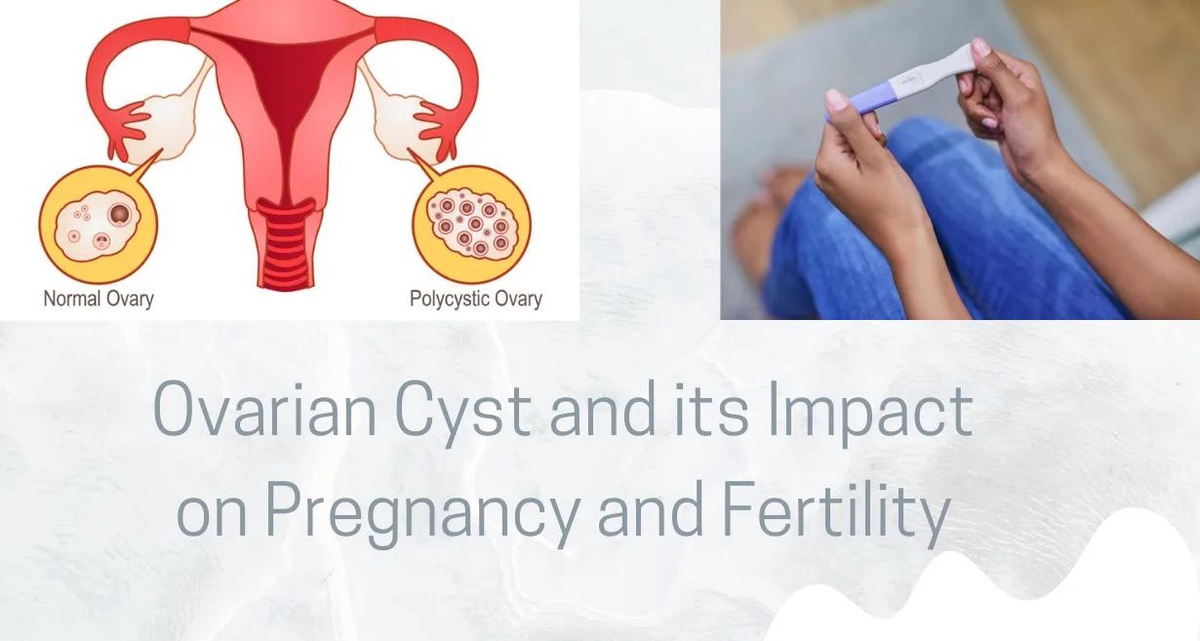Pregnancy is a remarkable journey filled with excitement, but it can also bring about various concerns and changes in the body. One such concern that some pregnant individuals may face is the presence of ovarian cysts. Here’s a brief overview of ovarian cyst and pregnancy:
Understanding Ovarian Cysts:
Ovarian cysts are fluid-filled sacs that can develop on the ovaries. They are a common occurrence and often go unnoticed, causing no symptoms. However, certain types of cysts or larger cysts can lead to discomfort or complications.
Occurrence During Pregnancy:
Many ovarian cysts are benign and don’t pose a significant threat to pregnancy. In fact, some cysts are known as functional cysts and may even play a role in early pregnancy by supporting hormone production.
Types of Ovarian Cysts:
Functional Cysts: These are the most common and often resolve on their own. They include follicular cysts and corpus luteum cysts.
Dermoid Cysts: These cysts can contain tissues like hair, skin, and teeth.
Cystadenomas: These are cysts that develop from ovarian tissue and are usually benign.
Endometriomas: Cysts related to endometriosis may affect fertility and pose challenges during pregnancy.
Possible Complications:
While many cysts are harmless, complications can arise in some cases. Large cysts may cause pain or discomfort, and in rare instances, they may twist (torsion) or rupture, leading to more severe complications.
Management and Treatment:
Most ovarian cysts discovered during pregnancy do not require treatment unless they cause significant issues. In many cases, healthcare providers opt for a “watch and wait” approach, monitoring the cyst’s size and the individual’s symptoms.
Concerns for Endometriomas:
Individuals with endometriomas may face challenges with fertility, and healthcare providers may closely monitor these cases. Surgery to remove the cysts may be considered in certain situations.
Consulting with Healthcare Providers:
If an ovarian cyst is detected during pregnancy or if there are concerns about fertility, it’s crucial to communicate openly with healthcare providers. They can assess the situation, monitor the cyst’s progression, and provide guidance on the best course of action to ensure a healthy pregnancy.
In conclusion, while ovarian cysts are common and often benign, their presence during pregnancy may require monitoring and, in some cases, medical intervention. Open communication with healthcare professionals ensures that any necessary steps are taken to safeguard both maternal and fetal well-being.


No comments yet